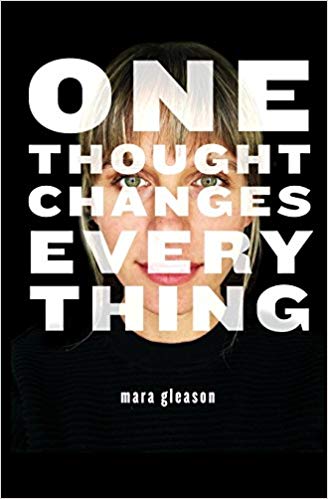GUIDING PRISONERS BEYOND RECOVERY
British prison staff and local council members credit a Three Principles-based program for some dramatic changes they’ve seen in inmates. They say it also offers the best hope for change in terms of individual behavior as well as prison reform.
Scott Davidson, a service manager at one of the three UK prisons where Beyond Recovery is currently working, has high compliments for the programme.
“After training and being given greater opportunity to gain further insight into the three principles, I now see it as being better than all the interventions I have ever seen or used”
Scott Davidson
Scott said he has witnessed some dramatic behavioural changes in prisoners.
“We have seen prisoners go from being restrained by staff in visits, to being prisoners of trust (without restraints),” he said. “We are seeing prisoners go from being involved in the drug culture, to leaving it behind and progressing in the system. We are seeing prisoners begin to help each other from a genuine desire to help rather than a nefarious alternative motive”
Scott Davidson
The Northamptonshire County Council has also seen the results, enough to continue funding the programme for a second year, this time including staff in the training.
In a letter supporting the program, the Council’s Ian Fulton wrote that “The emerging results are encouraging and impressive.” He is the criminal justice intervention manager for the council’s Public Health & Wellbeing Directorate.
The programme, Scott said, has had a ripple effect on staff at the prison – including himself.
“I have seen a dramatic effect on my well being and my ability to deal with what is perceived by many to be a very dangerous and stressful environment,” he said. “I am no longer as emotionally affected by thoughts because I see them for what they are: thoughts”
Aaron Turner, PhD., has observed the programme and has also seen prisoners experience remarkable change. He is co-founder and managing partner in One Thought Limited, which has worked for several years sharing the Three Principles with companies to help them find success.
“Beyond Recovery are doing profound and important work that has the ability to completely reorder the criminal justice system,” Aaron said.
On his first visit, he saw men who felt resigned and trapped in a very restricted view of themselves. After some initial training, he said they saw they had more than one option in their lives.
“They seemed inspired and thrilled with their ability to feel better and be better”
These observations led Aaron to question the approach the prison system takes.
“I could not help wonder how our whole system would adjust if this potential for real change became a recognized and accepted part of rehabilitation”
Scott said he also no longer sees the traditional approaches to treatment as being all that effective.
“For years, we have been asking prisoners to relive the crimes and the life that led to the crimes. We are taking prisoners to dark places and then wonder why they resist our other programs.”
“I don’t know why we do this, other than some misguided belief that by doing so we can make them feel guilty for what they did and spur them to make changes,” he said. “I also think that the desire to address the risk people present has spurred psychological services in prisons to be more concerned with evidencing that they have challenged risky behaviour than actually helping prisoners to address that risky behaviour through personal insight.”
When the first year of the program came up for renewal in the summer, Scott gave it his endorsement.
“We need to operate in a different way,” he said. “Beyond Recovery and the Principles they teach is the other way. I have never been so sure of something before in my life.”
ORIGINS OF BEYOND RECOVERY
At first glance, Jacqueline Hollows might seem an unlikely candidate to become someone who goes into prisons to help people turn their lives around.
An information technology specialist by training, Jacqueline was looking for a career change after losing her job to redundancy in 2010 when she heard about the Three Principles and enrolled in the Supercoach program: a coach-training program led by author and coach Michael Neill. She admits that she did not “get it” then.
“I didn’t like them at first,” she said. “I thought it was a cult.”
Jacqueline’s deeper understanding came later, after volunteering to work with a friend’s non-profit group. She helped out on a video shoot documenting some of the group’s clients – people in drug and alcohol recovery – and wound up meeting quite a few who had served time in prison. The experience with them opened her mind to new possibilities.
“They were amazing”, she said. “They were resilient, but I could see they were holding themselves back.”
Jacqueline said that with the Principles in the back of her mind, she had difficulty accepting the recovery mantra of once an addict always an addict.
“I thought intuitively ‘that can’t be right.’ Addiction is a disease?”


